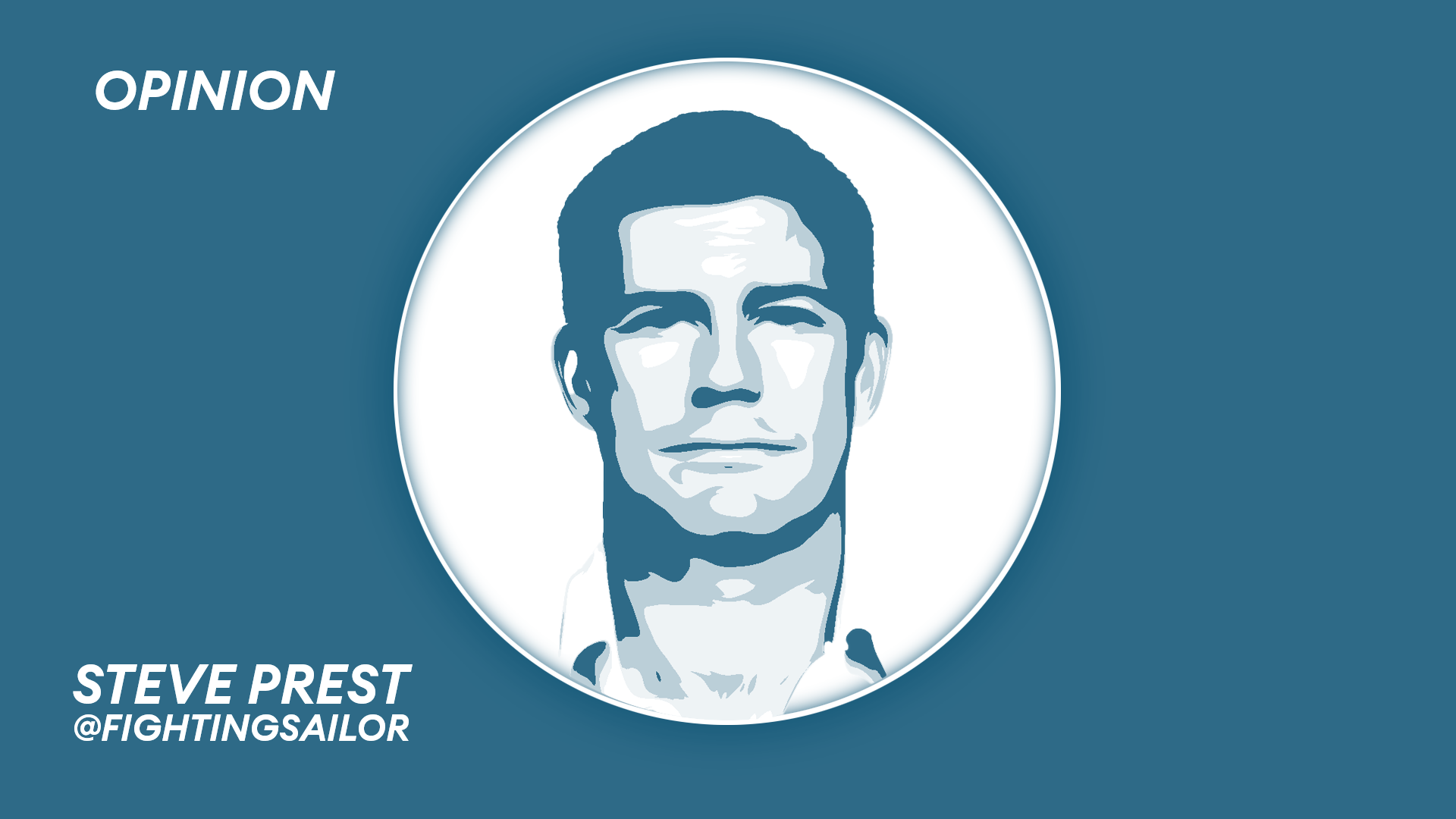
Military leaders have failed to create inclusive culture for women, time for accountability

The coroner's inquest into the death of Gunner Jaysely Beck concluded on 20 February, with him determining she took her own life.
Failings and breaches of its own policies in the Army's handling of a previous sexual assault upon her had made her reluctant to report her later line manager when he then subjected her to sustained harassment, leading to her suicide.
This tragic case, and the airing of the details in public, have led to many currently serving personnel and veterans sharing their own stories of harassment and sexual assault at the hands of their colleagues via Fill Your Boots (@militarybanter), a social media account run by a paratrooper veteran called Alfie Usher.
Alfie has done a fantastic job in sharing the harrowing stories of those who wished to remain anonymous and yet wanted their stories to be heard.
Many of these incidents are historical, but no less shocking for that. Sadly, a number of them were from more recent times and it is clear that these problems are far from behind us.
I know personally of a highly capable soldier who recently left the Army.
Thriving in Army life, she was moved to a sub-unit where she was the only woman and became the subject of misogynistic bullying.
She complained and her case was upheld.
Subsequently, the treatment of her by her colleagues got worse and she signed off. And we wonder why we have a retention problem.
The Chief of the General Staff, General Sir Roly Walker, wrote an open letter to the Army's Chain of Command declaring himself "disgusted by what is being written" and urging his subordinates to do more to root out such behaviour.
I thought that one message that Alfie shared was particularly important and courageous.
The contributor reminded us that "there was a time when this platform thrived on content that publicly humiliated female soldiers – pictures taken from their profiles, posted alongside suggestive or derogatory captions".
They went on to say that people can change and grow and that accountability, especially in leadership, is important.
This contributor is right.
Looking back over my 30 years of working with and for the Navy, I can think of plenty of examples where the prevailing language and attitudes of the time contributed to an environment and culture that was actively hostile to women.
And lest you think I am taking the moral high ground here, I was part of that, and I can think of social occasions, especially, when I was talking to female colleagues and considered that I was being charming, witty and playful.
Looking back, I’m not always sure that my interlocutors would describe the interaction using those same adjectives.
If we're going to make this better, we must all accept and acknowledge that we have all been part of the problem, and thus have a role in changing the status quo for the better.
It's quite possible that you haven't personally sexually assaulted a colleague, nor tried to break into their room after a mess social, because it's not all men, right?
But we have all been part of a culture where this sort of thing has happened and is still happening today. And not just on the odd occasion by a few bad apples.
There are just too many accounts for that explanation to be credible.
Have we known of colleagues who have behaved inappropriately or told sexist jokes, and we laughed along?
Or heard about it, perhaps second-hand, and yet didn’t report it?
If so, we are complicit.
I know of servicewomen still installing bolts to the back of their doors in the mess because they don't trust their colleagues not to break into their rooms and assault them.
This is not ok.
What the evidence that Alfie has published shows, is what those of us that have taken the trouble to speak to servicewomen about their experiences know – this is endemic.
Every servicewoman has a story to tell.
And, yes, some servicemen have a story to tell here too, and their stories should be taken just as seriously, but we would be kidding ourselves if we thought that there wasn't a gendered asymmetry here.
In 2021, Sarah Atherton MP chaired a Defence Select Committee inquiry into the experiences of servicewomen and she was horrified by what she found.
Her inquiry took over 4,000 testimonies, not all of which were about unacceptable sexual behaviour, but there was clear evidence of systemic discrimination.
It is not for the women of the Armed Forces to create institutions that are fit for them to serve in, that lies at the feet of the leaders of Defence.
Demonstrably, over the decades, the leadership of the Armed Forces has failed to do this.
We should, of course, acknowledge the positive progress that has been made. But as Sarah Atherton said in her recent OpEd for the Daily Express: "The MOD refused to confront the deeper issues: toxic leadership, systemic misogyny and a chain of command that prioritises reputation over justice."
This is now the task ahead. Fortunately, there are good models for how to do this. Safety is a helpful analogy.
The point of trying to improve safety is to prevent bad things from happening.
There is plenty of research that shows that you don't reduce the incidence of accidents simply by reporting and investigating the accidents and sacking those involved.
You have to move the culture of the organisation to a place where people are actively and instinctively preventing situations from occurring where such incidents can occur.
The airline industry has done this, and the oil and gas industry has too.
We should look and learn from their approach to safety and apply it to our own pressing need for cultural change.
This is where a zero-tolerance approach is required. For me, zero-tolerance isn't about booting people out for the slightest error.
It's about normalising the challenge of anything unacceptable and an expectation of accountability for one's actions, accepting and owning mistakes, and a mindset of continuous improvement.
This isn't "woke", being accountable is just what grown-ups do.
The thing that was missing from CGS's letter was, therefore, what accountability he took and what he was going to do differently as a result of these latest revelations.
What is his commitment to change that we can hold him accountable for?
It is all very well exhorting one's subordinates to change their behaviour, to do and be better, but the example must come from the top in deeds and not just words.
I would hope, that when we see similar interventions from the other Service leaders, as surely we must, that will be a key element of their commitment to change.
The terrain is shaped not by a single wave crashing against the cliff, nor a single grain of sand in the wind, but rather day after day, year after year, it is the aggregate effect of all of these waves and all of these grains of sand that shape the landscape.
If we want to change our cultural landscape, we have to address the small things that aggregate up to deliver systemic change. Our service people deserve nothing less.
We should leave the business of disheartening and alienating our people to the enemy.
We should under no circumstances be doing the enemy's job for them!
Commodore (Ret'd) Steve Prest is an independent consultant and advisor who can be found on X as @fightingsailor.







